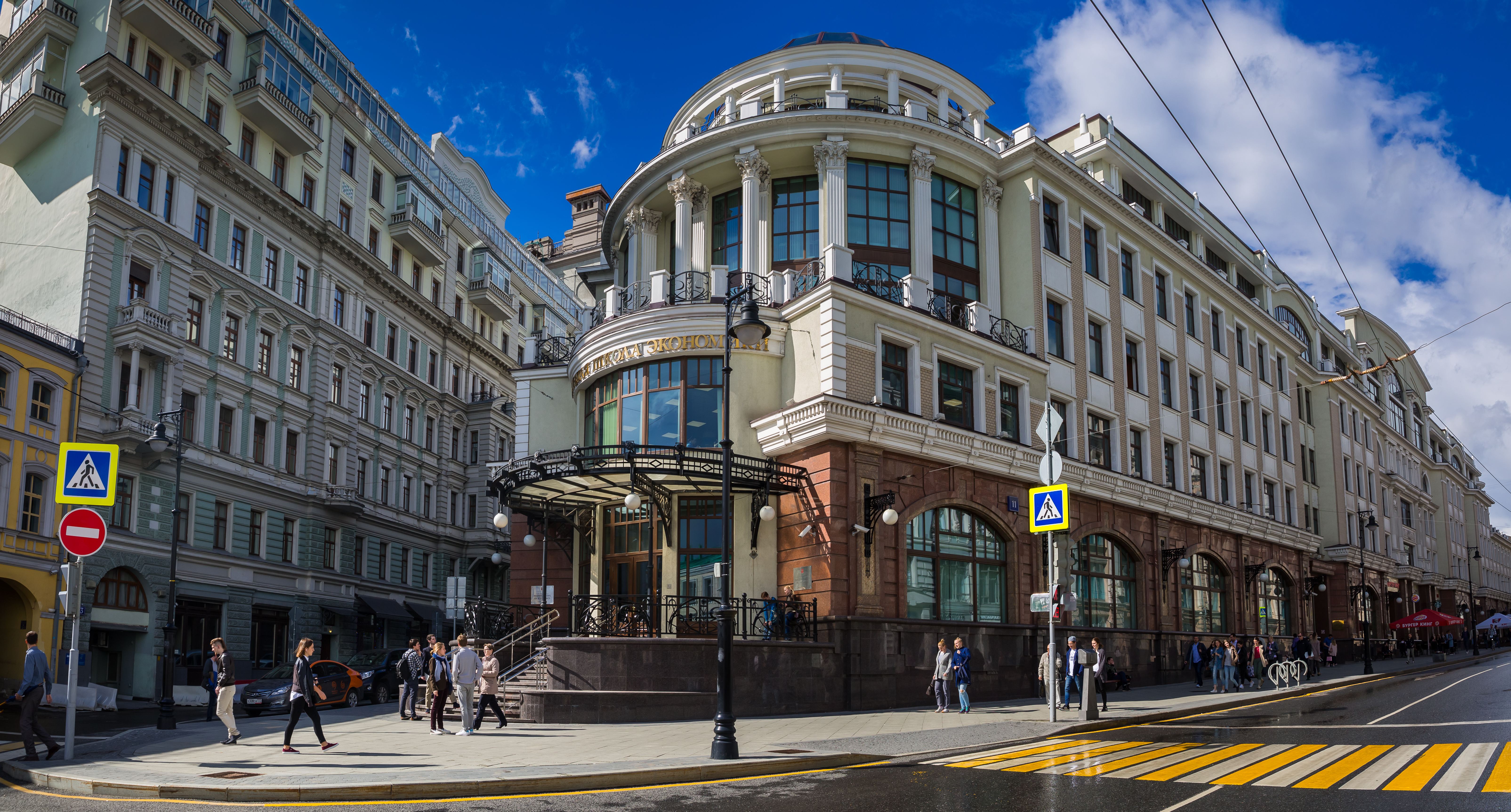You are welcome to present your experience, share ideas, discuss best practices and be a part of UNICA EduLab Meeting 2018!
Programme
December 05 (Wednesday) & December 06 (Thursday): eSTARS Summit 2018
December 06 (Thursday), 19:00: EduLAB Welcome dinner
December 07 (Friday): UNICA EduLAB meeting
Main topics:
- Students preparation for a successful career in the new digital economy: soft skills development, entrepreneurship, conflict management, social dimension
- Teaching methods and support for teaching innovation,
- Teaching Excellence Centres
- State of play of the European Higher Education Area (Paris Communiqué, EUA’s initiatives on Teaching & Learning; evaluation of the Bologna Process)
- Towards the European Education Area? The “European Universities” Initiative
The preliminary programme will be available in early September.
Dates
Final registration date
By October 1, 2018
UNICA & EduLAB
UNICA
UNICA – Network of Universities from the Capitals of Europe – was founded in 1990 and is currently made up of 49 universities from 37 capital cities of Europe, combining over 160,000 university staff and 1.900,000 students. UNICA General Secretariat is based in Brussels, Belgium. The current President of the UNICA Network is Prof. Luciano Saso, Vice-Rector of European University Networks (Sapienza University of Rome).
UNICA seeks to facilitate international collaborations and promote academic leadership through understanding and sharing between its Members throughout the European Higher Education Area. It also provides a forum in which the Members can reflect on the needs of strategic change in university research, education, administration, and societal engagement. The activities of the Network are guided by the principles expressed in its Mission & Vision.
UNICA provides a forum for its Members to reflect on the latest developments and demands of strategic change in university research, education and administration. To achieve its aims, UNICA carries out member-driven activities, the content, format, and frequency of which depend substantially on UNICA Member Universities’ engagement and interest.
UNICA is also active in the field of European projects, both as coordinator and partner.
EduLAB
From 2002 to 2013, UNICA organised Bologna Labs - annual meetings for Bologna Coordinators that addressed the challenges and best practices related to the implementation of the Bologna Process. Ten years after the founding of the UNICA Bologna Lab Coordinators Group, the Group took a look beyond the Bologna Process in order to reshape its activities in the light of the changing European Higher Education landscape. The redesigned UNICA EduLAB now steers its discussions towards the implications of the Bologna Process for European HEIs and places its focus on new concepts and latest developments in university teaching and learning, including student-centred learning, recognition of teaching excellence, new teaching technologies and learning environments.
Here is a list of all past Bologna LAB Coordinators Meetings and EduLAB Meetings.
Hosting University
Consistently ranked as one of Russian’s top universities, Higher School of Economics (HSE) is a research university that carries out its mission through academic, programming, peer review and sociocultural work based on international academic and organizational standards. We perceive ourselves as a part of the global academic community and believe that international partnership and engagement in global university cooperation are the key elements of our movement forward.
In spite of its young age, HSE University is a leader in Russian education and one of the top economics and social sciences universities in Eastern Europe and Eurasia. Founded in 1992, HSE is amongst QS – Top 50 Under 50 (2017) and The Young University Rankings (2017).
HSE University consists of campuses in four cities: Moscow, St. Petersburg, Nizhny Novgorod, and Perm. Our faculty, researchers, and students represent over 50 countries, and are dedicated to maintaining the highest academic standards. Nowadays HSE community includes over 7 000 lecturers and researchers, 35 100 students and 65 000 graduates.
HSE University actively introduces new formats of learning and teaching, such as distance education, blended learning and eLearning technologies. HSE is on TOP-10 on Coursera by the number of online courses and is the co-founder of the Russian National Platform for Open Education. HSE includes MOOCs into its curricula since 2013. Only in 2017 more than 13 000 HSE students completed online courses.
